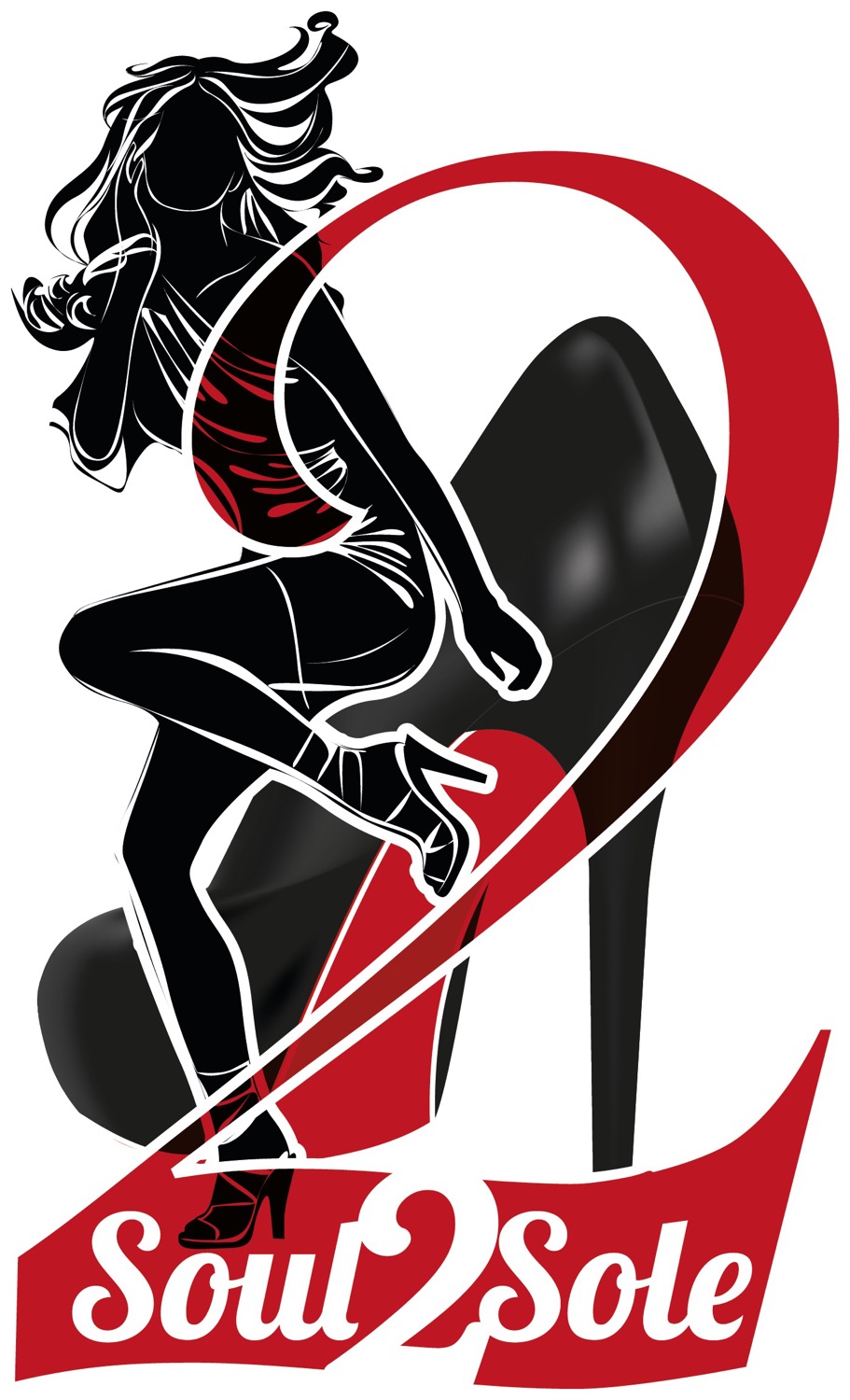Discover the Joy of Expressive Movement in Dance
- Soul2Sole Heels

- May 25, 2025
- 4 min read
Dance is much more than just a sequence of steps. It is a powerful form of personal expression that allows individuals to communicate emotions, tell stories, and connect with others. In recent years, the concept of expressive movement has gained traction, inviting people to embrace their bodies in a new way. Whether for fun, fitness, or self-discovery, exploring dance can bring immense joy and fulfillment.

The Essence of Expressive Movement
Expressive movement is all about using the body to convey feelings and thoughts. It is an art that transcends technical skills, allowing dancers to tap into their inner selves. In this approach, the objective is not solely to master choreography but to feel each movement in a personal way.
Many dance styles facilitate this expressive aspect. For instance, contemporary and jazz dance invite improvisation and freedom of movement. Similarly, styles like hip-hop and lyrical emphasize the emotional storytelling that's inherent in music. Engaging in these forms can lead to a deeper understanding of oneself.
Statistics show that dance can significantly affect mental health. A study published in the Journal of Dance Medicine & Science noted that 89% of participants reported improved moods and reduced anxiety after engaging in dance activities. These numbers highlight the importance of incorporating dance into daily routines for emotional well-being.
Benefits of Dance as an Expressive Medium
The advantages of incorporating dance into your life are manifold. Here are some key benefits of using dance as a medium for expressive movement:
Emotional Release: Dance allows for emotional expression that traditional conversation often fails to facilitate. It gives individuals a safe place to release pent-up feelings.
Physical Health: Regular movement through dance helps maintain fitness levels. Dancing can improve cardiovascular health, flexibility, and muscle strength.
Social Connection: Dance often occurs in group settings, promoting social interaction and relationships. Engaging with others in this way can foster a sense of community.
Increased Body Awareness: Dance encourages individuals to better understand their bodies—how they move, the spaces they inhabit, and how they can express emotions through physical motion.

Is it harder to dance in heels?
Dancing in heels can be challenging for many. The added height and balance required can make certain movements feel more complicated. However, this does not mean that it is impossible.
Those who wish to explore this form of dance can benefit from specialized training. Taking heels dance classes can build the strength and coordination necessary for performing confidently and safely in heels. Techniques such as proper posture, weight distribution, and ankle strengthening are critical elements to consider.
While some dancers find it more strenuous to express themselves while wearing heels, others find it liberating. Heels can add an extra layer of elegance and femininity to performances, enhancing the visual experience for both performers and audiences alike.

Practical Ways to Explore Dance
To truly immerse yourself in the world of expressive movement through dance, consider the following practical steps:
Join a Dance Class: Whether you are a beginner or an advanced dancer, joining a class can be incredibly beneficial. For those interested in learning to move in heels, look for heels dance classes near me. These classes can enhance your skills and build confidence.
Practice at Home: Set aside time to experiment with movements in front of a mirror. Let music guide you. This practice encourages creativity and helps develop a unique dance style.
Attend Workshops: Look for dance workshops focused on specific expressive styles. These events often feature experienced instructors who can provide valuable feedback.
Audience Participation: Watching dance shows or performances that focus on expressive movement can inspire you. Whether it is a local performance or an acclaimed show, observing how professionals express emotion can fuel your own journey.
Quick Devotional Practice: Spend just five minutes each day focusing on how your body feels when you move. This mindfulness practice can ground you and increase your appreciation for dance as a form of expression.
Embrace the Pathway of Self-Discovery
Every dancer has a unique journey. As you engage with expressive movement in dance, you may discover hidden aspects of yourself. Every twist, turn, and leap can teach self-acceptance and confidence. Leading an expressive dance lifestyle requires letting go of judgment and inviting joy into your movements.
Moreover, being part of a dance community allows you to draw inspiration from others. You will see how diverse backgrounds and experiences can manifest beautifully in movement. This acceptance and diversity can be incredibly uplifting, creating a space where everyone can shine.
The communal aspect of dance helps foster a shared understanding of expression. In various social contexts, sharing dance fosters connection, breaks down barriers, and builds stronger relationships.
Final Thoughts on Dancing as Expressive Movement
In conclusion, the exploration of expressive movement in dance is not only about mastering movements but also about understanding your body and expressing your emotions. Embrace the joy that dance brings into your life. Through classes, practice, and community, you can find a means to express yourself freely and beautifully.
If you decide to embark on this transformational journey, remember that every step, no matter how small, matters. Allow yourself the grace and patience to evolve as a dancer and embrace every moment on the dance floor as an opportunity to connect with yourself and others.
Whether you are new to dance or looking to deepen your practice, expressing yourself through dance promises to be a rewarding experience. Enjoy the journey!




Comments